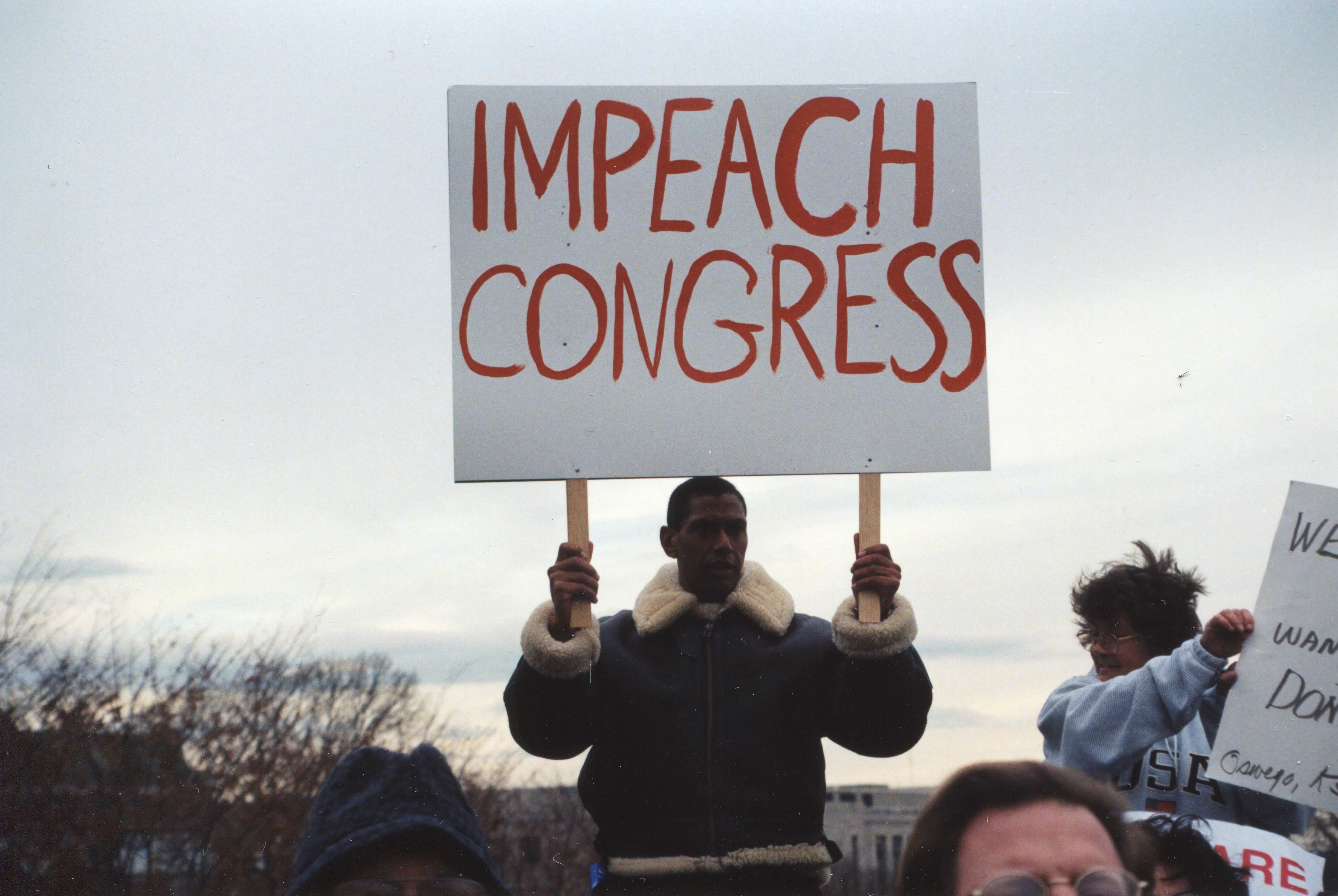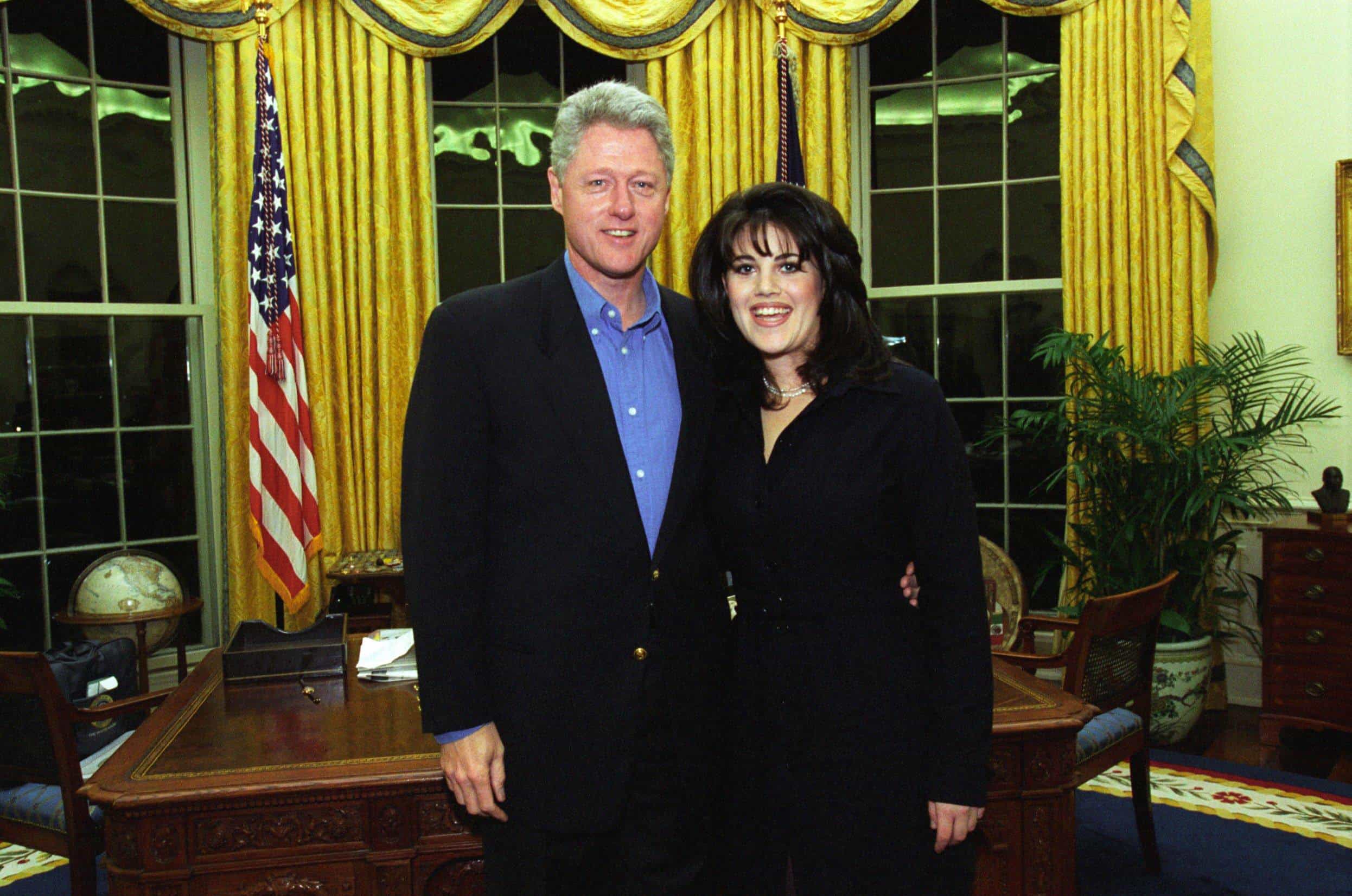“It is part of the circular irony of Bill Clinton that the most memorable speech of his presidency might be one that lasted only four and a half minutes and that people listened to word-for-word and that failed miserably.”
The Clinton Enigma
Pulitzer Prize-winning journalist David Maraniss, regarded by his peers as the nation’s leading expert on Bill Clinton, sat in a darkened television studio in New York on the night of August 17 and watched the president deliver his curious apologia confessing that he had misled the nation about his relationship with Monica Lewinsky. As Maraniss, the author of First in His Class, the highly acclaimed Clinton biography, listened to the president’s words that night, it struck him that he had heard them all before, though never in one speech, and that in those four and a half minutes Clinton had revealed all the contradictory qualities of his tumultuous life and political career.
In this insightful new book, drawing from the biography and his writings for The Washington Post, Maraniss dissects the speech as a revelation of the president’s entire life. Alternately reckless and cautious, righteous and repentant, evasive and forgetful, relying on family and friends to protect him, affirming his faith in God and then turning to polls to tell him what the public would tolerate, communicating with the public over the heads of pundits and professionals, transforming his personal trauma into a political cause by attacking his and his wife’s enemies, asking us all to put his troubles behind us, Clinton combined all his weaknesses and strengths in that one brief address.
In the first section of The Clinton Enigma, Maraniss reflects as a biographer on his curious but revealing dealings with Clinton over the years. Then, after Clinton has spoken, Maraniss dissects the words and interprets the deeper meaning paragraph by paragraph, to show the roots and echoes from the president’s past and to explain why Clinton acts and speaks as he does. With Bill Clinton, Maraniss writes, past is always prologue.

One
I suppose it had to come to this, I thought to myself as I sat in the darkness of the NBC studio nook in New York, waiting for the familiar image of Bill Clinton to appear on the monitor. In a few minutes, Clinton would deliver a televised address to the nation concerning his extramarital sex life, a subject that no president before had been compelled to discuss in public. It was obvious that he dreaded giving this speech, but circumstances had forced him into it; he thought his career was on the line. As a biographer, I would be asked to try to explain him, both in what his words meant and why he had reached such an unfortunate moment. I had spent six years studying Clinton, but emotionally I had now moved beyond him, onto the subject of my next biography, Vince Lombardi, the old Green Bay Packers coach, a resolute symbol of the past who seemed to be the antithesis of the prodigal young president. It was nonetheless still impossible to escape Clinton professionally; he kept doing things that yanked me as a reporter back into his world.

